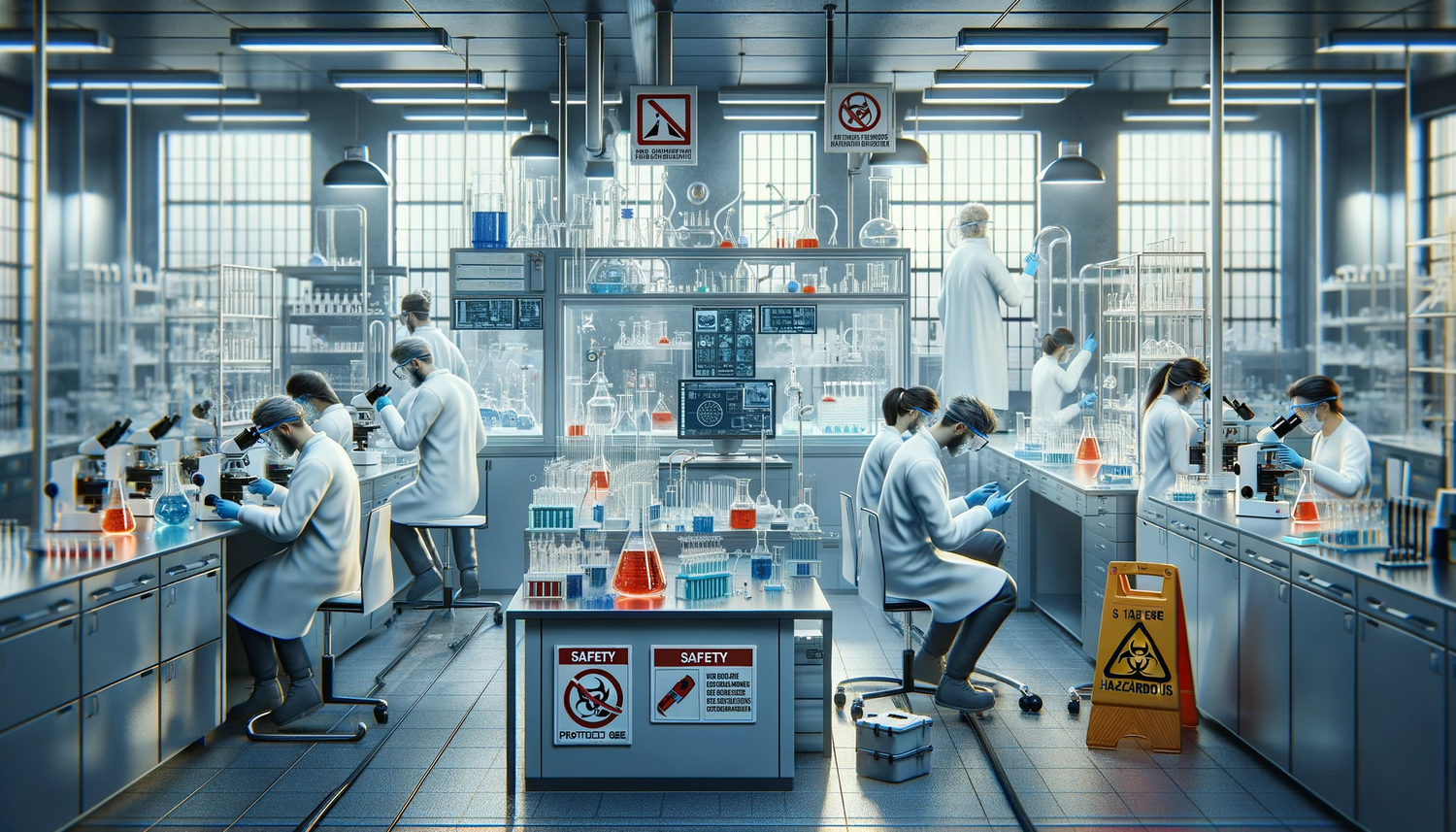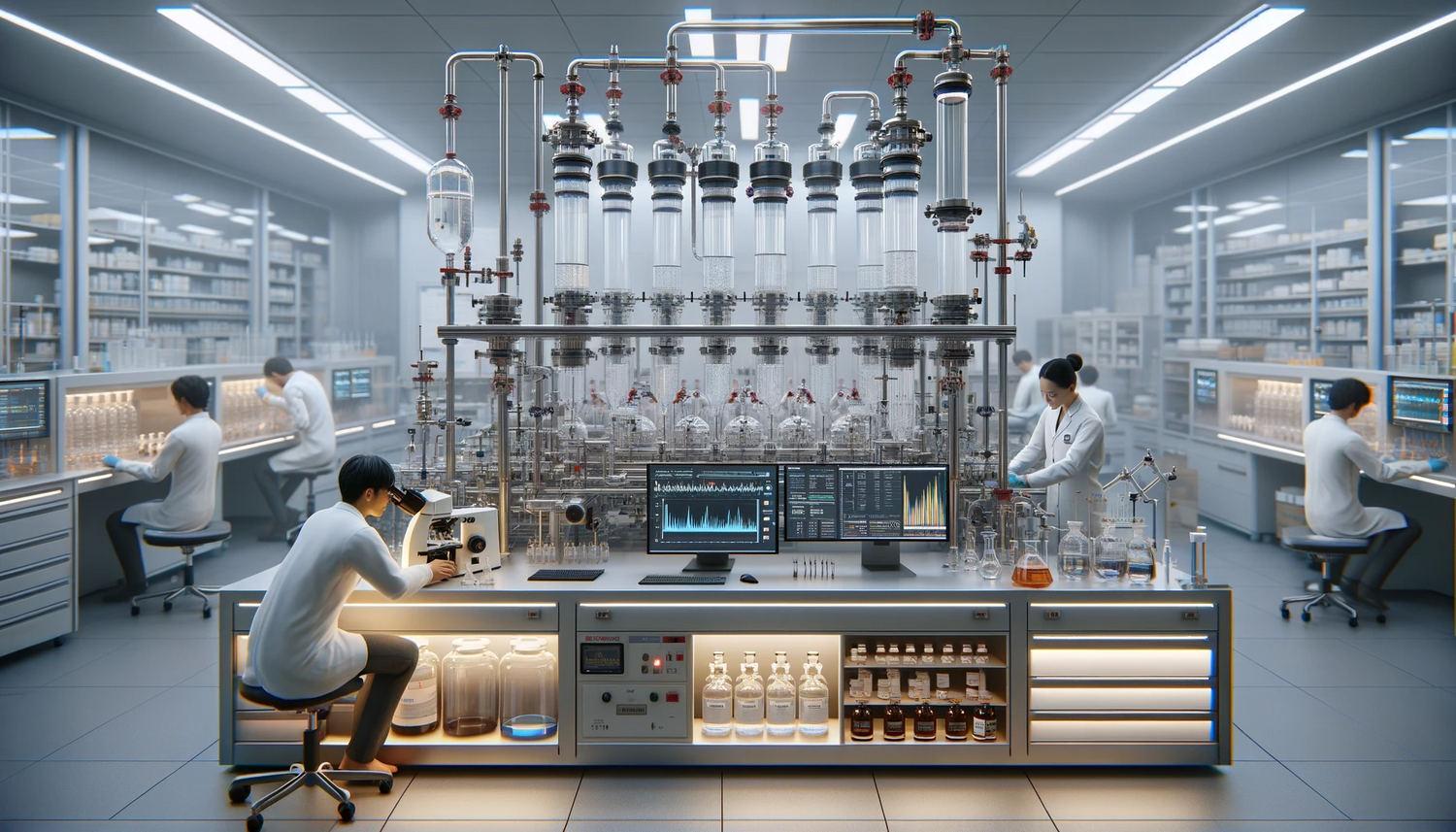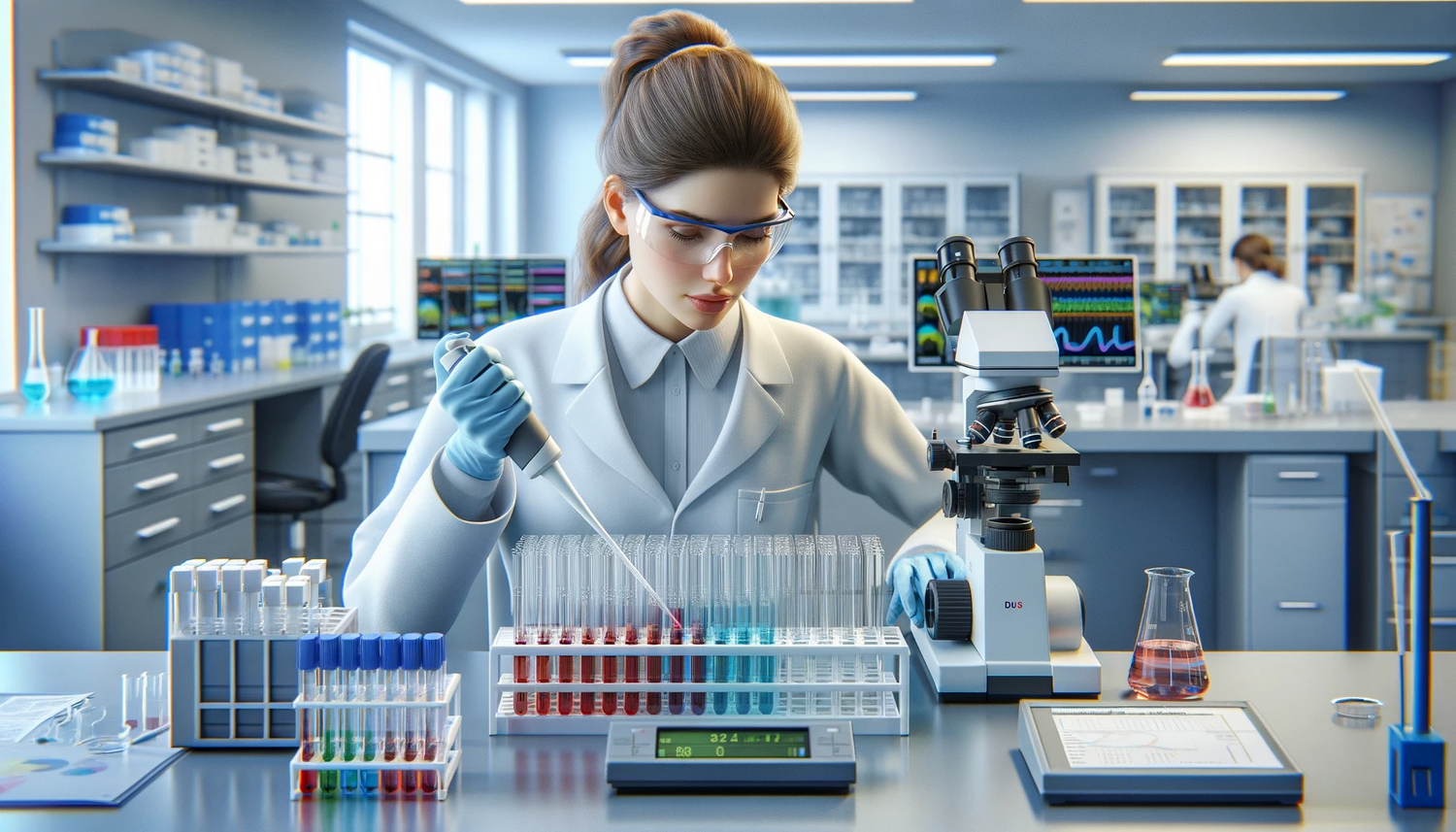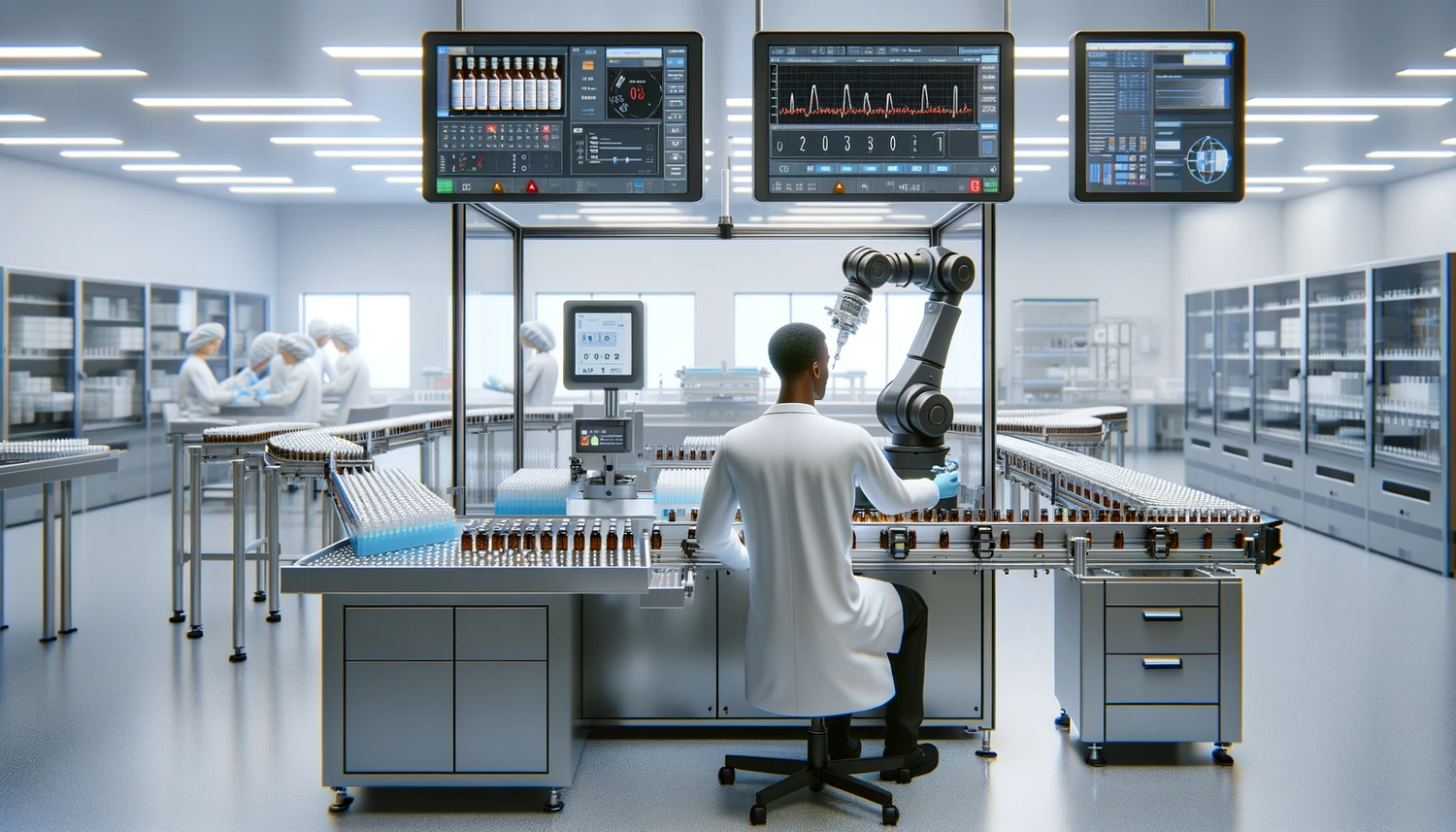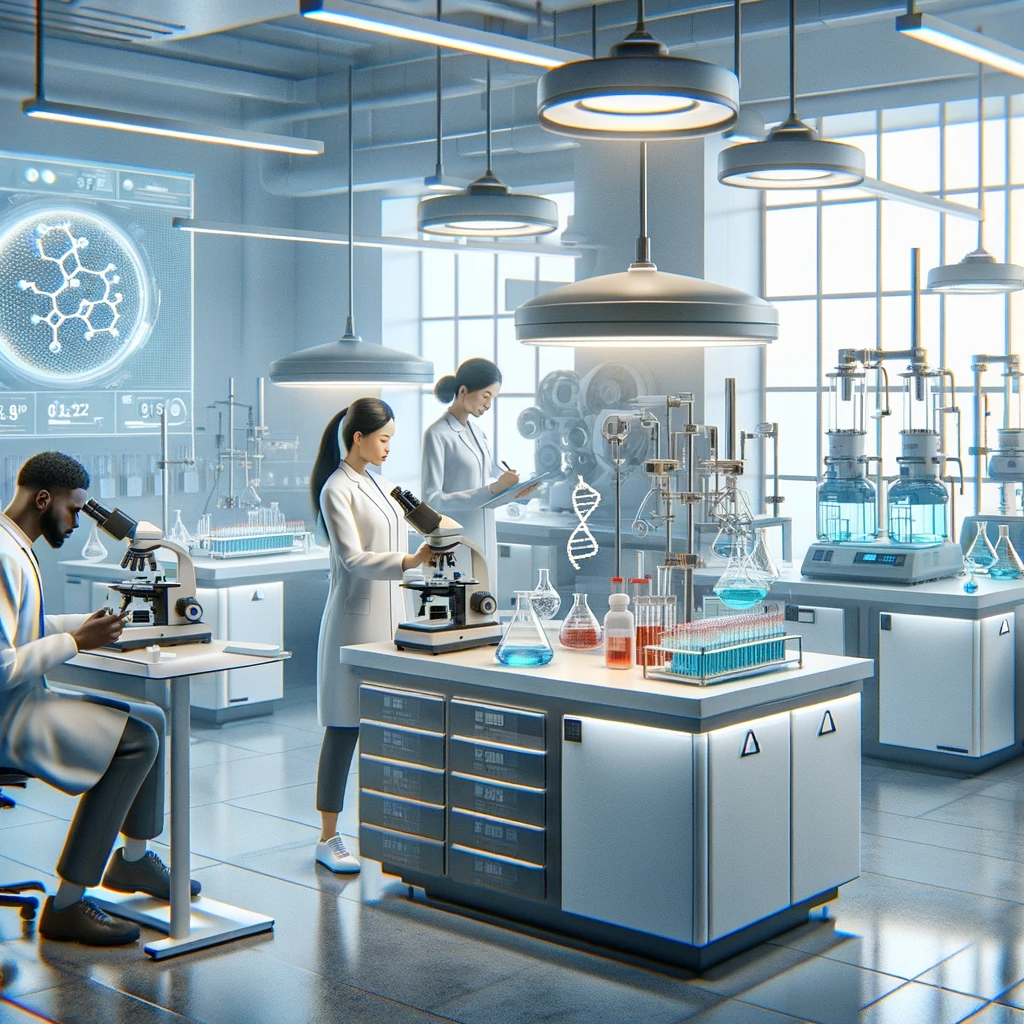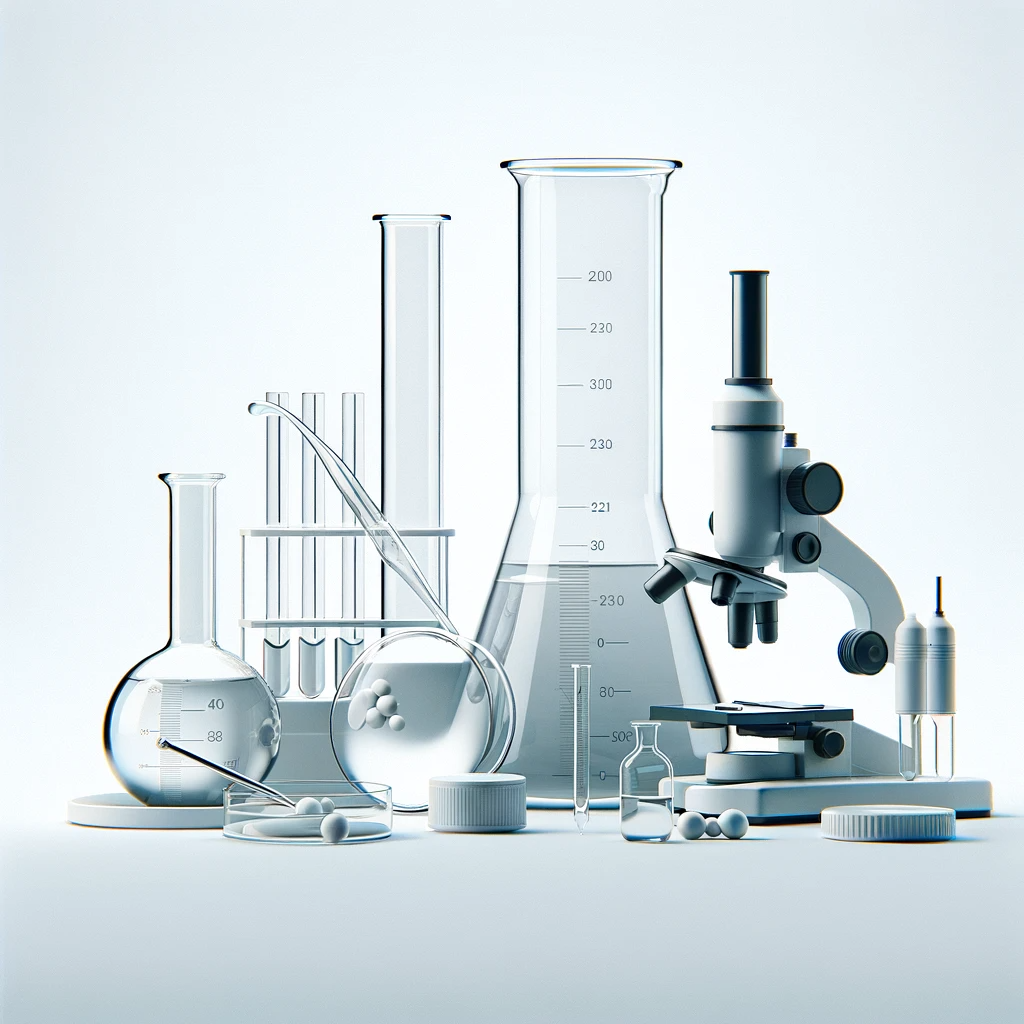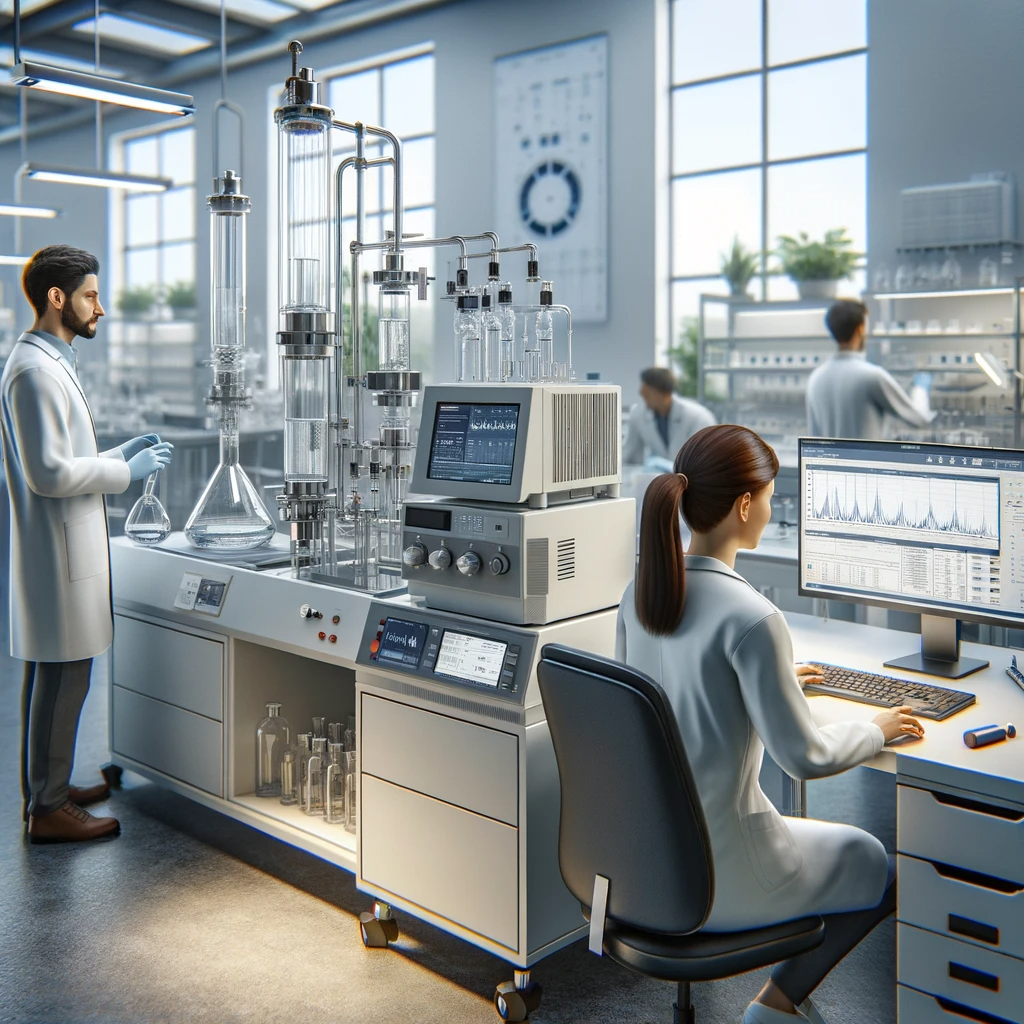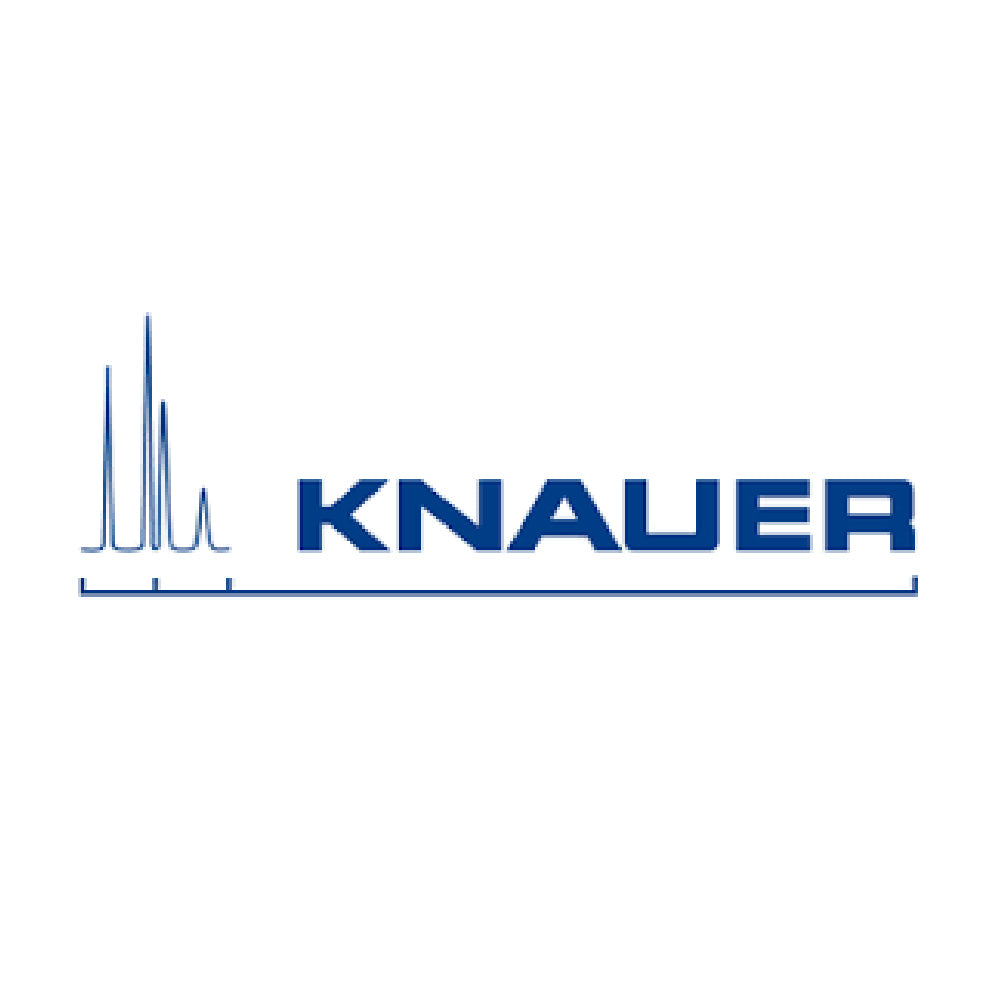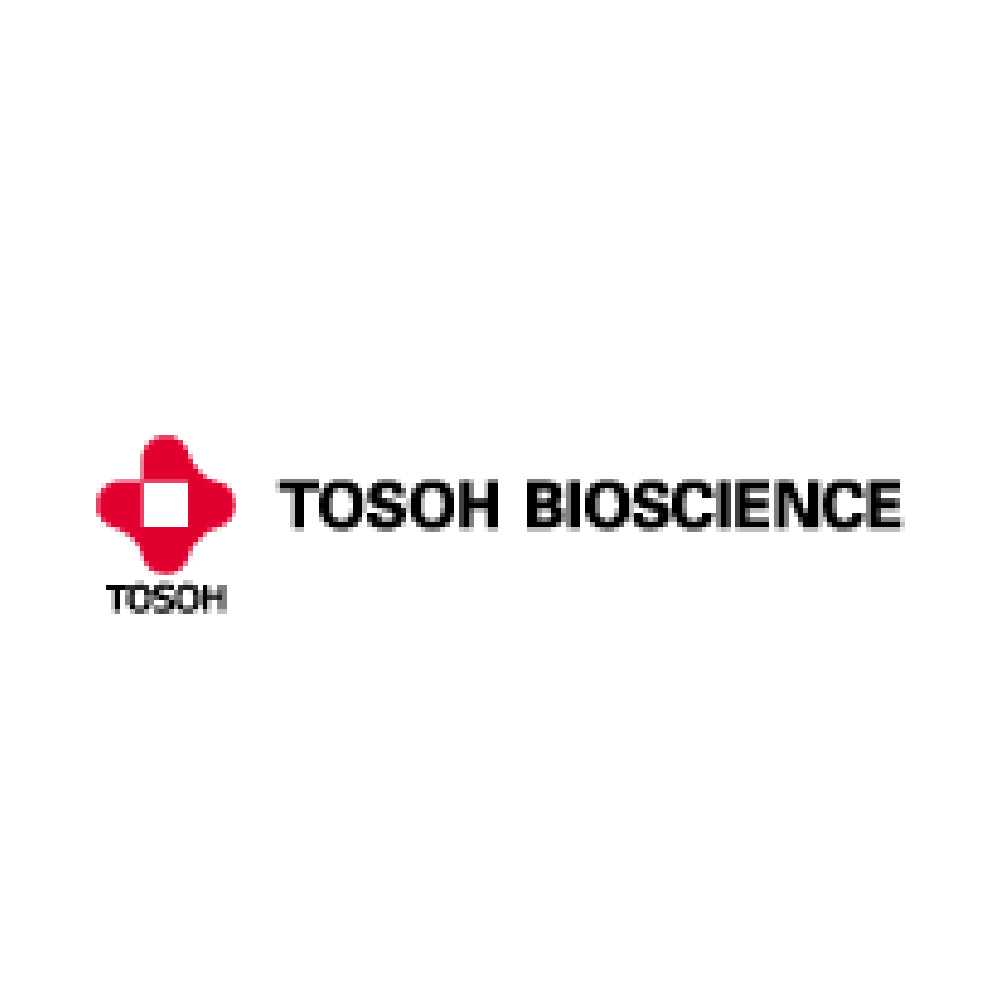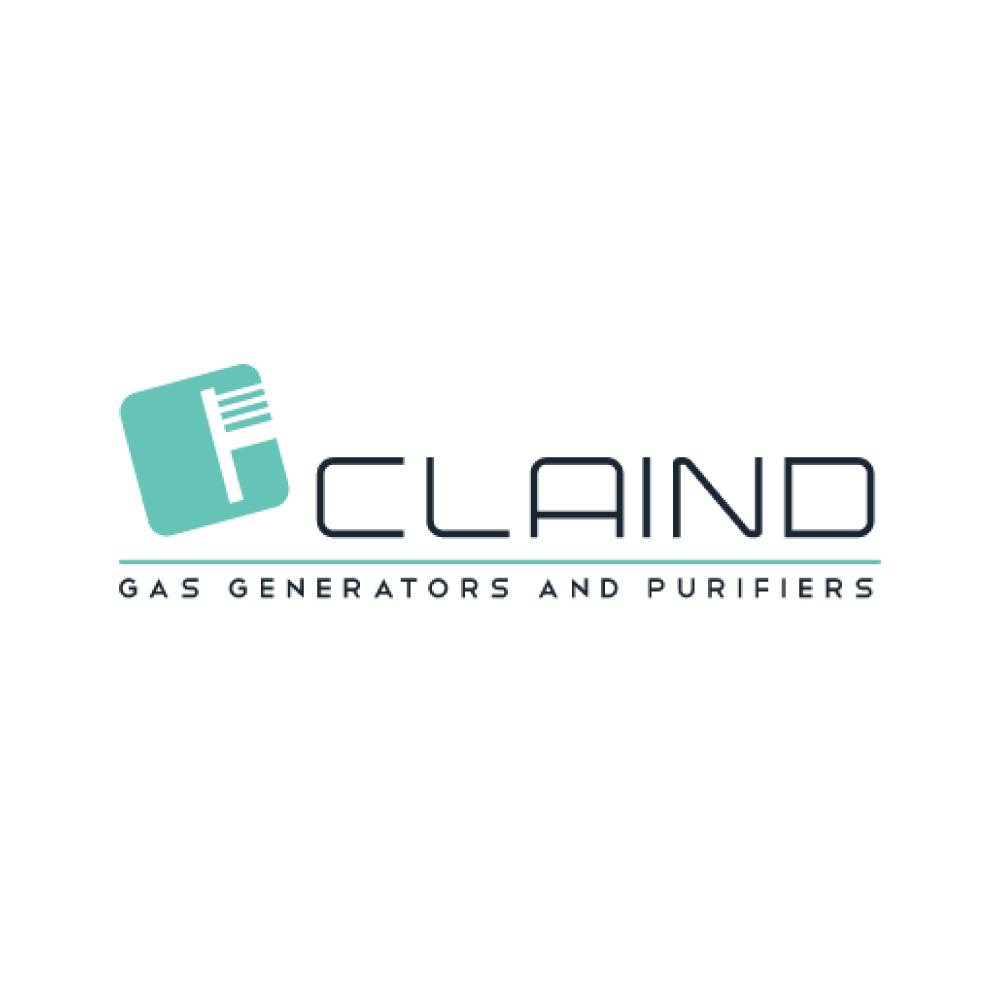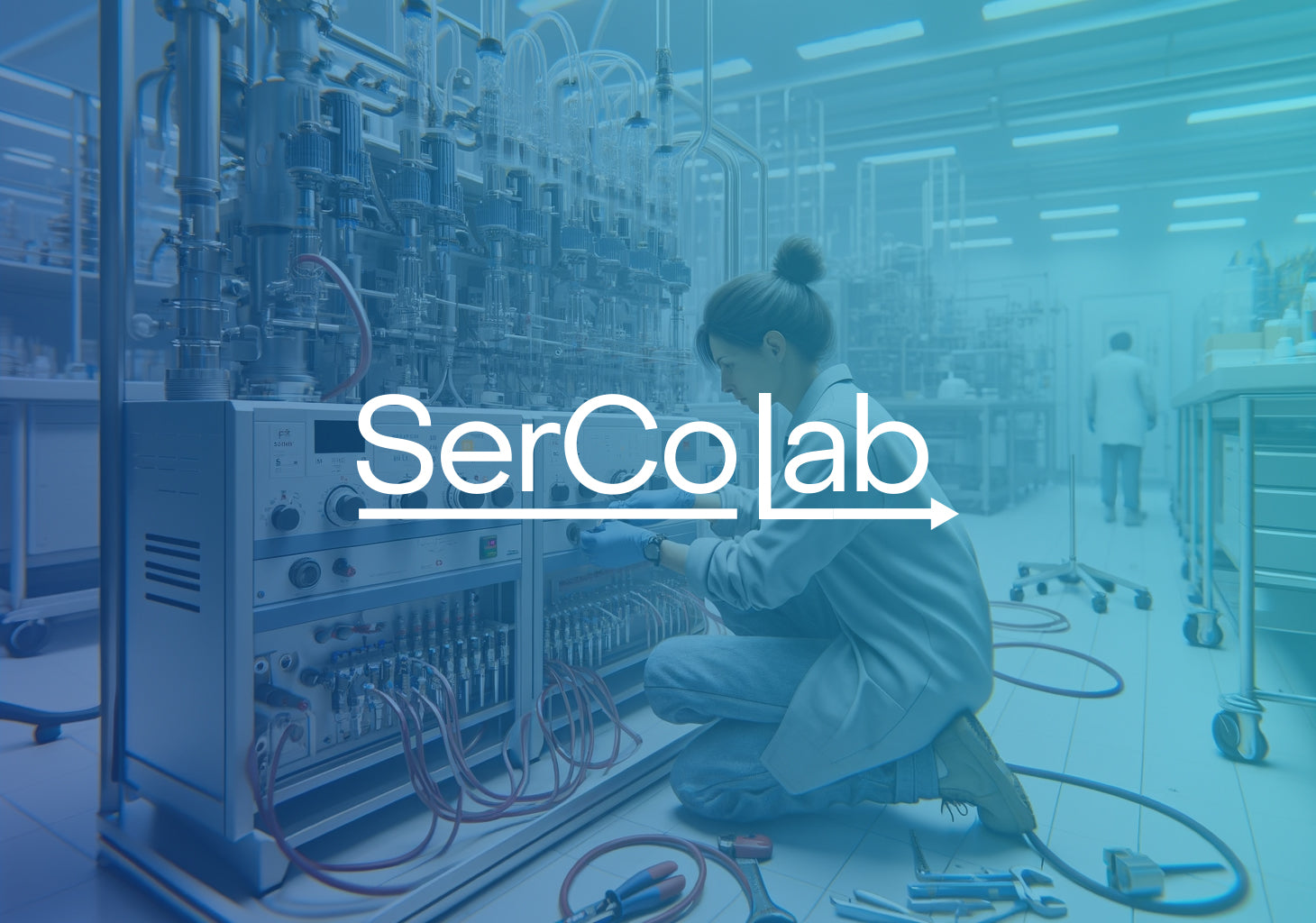Harnessing the Precision of Affinity Chromatography (AC) for Biomolecular Purification
Affinity Chromatography (AC) stands out as a highly selective and efficient method in the separation and purification of biomolecules. This technique leverages specific interactions between a target molecule and a ligand that's immobilized on a stationary phase, making it indispensable in the fields of biochemistry, molecular biology, and biopharmaceuticals. Whether you're a lab technician in Belgium or a leading researcher in the global pharmaceutical industry, understanding how AC can be optimized will significantly enhance your purification protocols.
What is Affinity Chromatography?
Affinity Chromatography is a method of separation that relies on the specific and reversible interaction between a protein or other target molecule and a specific ligand bound to a chromatography matrix. The target molecule is selectively captured by the ligand and is later released into a purified state through a change in pH, ionic strength, or by the introduction of a competitive ligand, ensuring high purity and yield.Applications of Affinity Chromatography
- Protein Purification: AC is pivotal in purifying enzymes, antibodies, and other proteins by using ligands such as antibodies, antigens, or substrates.
- Drug Development: In pharmaceutical manufacturing, AC is employed to purify active pharmaceutical ingredients (APIs) with high specificity.
- Diagnostics: AC techniques are used to isolate antibodies from blood samples, crucial for diagnostic tests and vaccine development.
Advantages of Using Affinity Chromatography
The primary benefits of using Affinity Chromatography include:
- High Specificity and Selectivity: AC offers unmatched specificity due to the unique interactions between the ligand and the target molecule.
- Efficient Purification: It often achieves a high degree of purification in a single step, reducing process time and increasing throughput.
- Scalability: From research labs to industrial scales, AC can be effectively scaled up, maintaining its selectivity and efficiency.
Selecting the Right Ligands and Matrix
Choosing the appropriate ligand and matrix is crucial for the success of an AC procedure:
- Ligand Type: The choice of ligand (enzyme inhibitors, cofactors, antibodies, etc.) should match the specific properties and biological function of the target molecule.
- Matrix Compatibility: Ensure that the matrix material is compatible with the biological nature of the ligand and the target molecule to avoid unwanted interactions.
Optimizing AC Conditions for Maximum Yield
- Buffer Conditions: The buffer's pH and ionic strength should be optimized to promote the best possible interaction between the target molecule and the ligand.
- Elution Strategy: The choice of elution strategy (competitive elution, pH shift, ionic strength change) plays a critical role in the efficiency of the purification process.
Conclusion
Affinity Chromatography is a cornerstone technique in the purification of biomolecules, offering unparalleled specificity and efficiency. Its application spans various scientific fields and industries, emphasizing its role in advancing biochemical research and pharmaceutical manufacturing. As technologies evolve, the potential for AC to meet the increasing demands for purity and efficiency in biomolecular separations will only grow. For detailed support and supplies in Belgium and beyond, considering the expertise of seasoned suppliers can be crucial in optimizing your chromatographic techniques.

